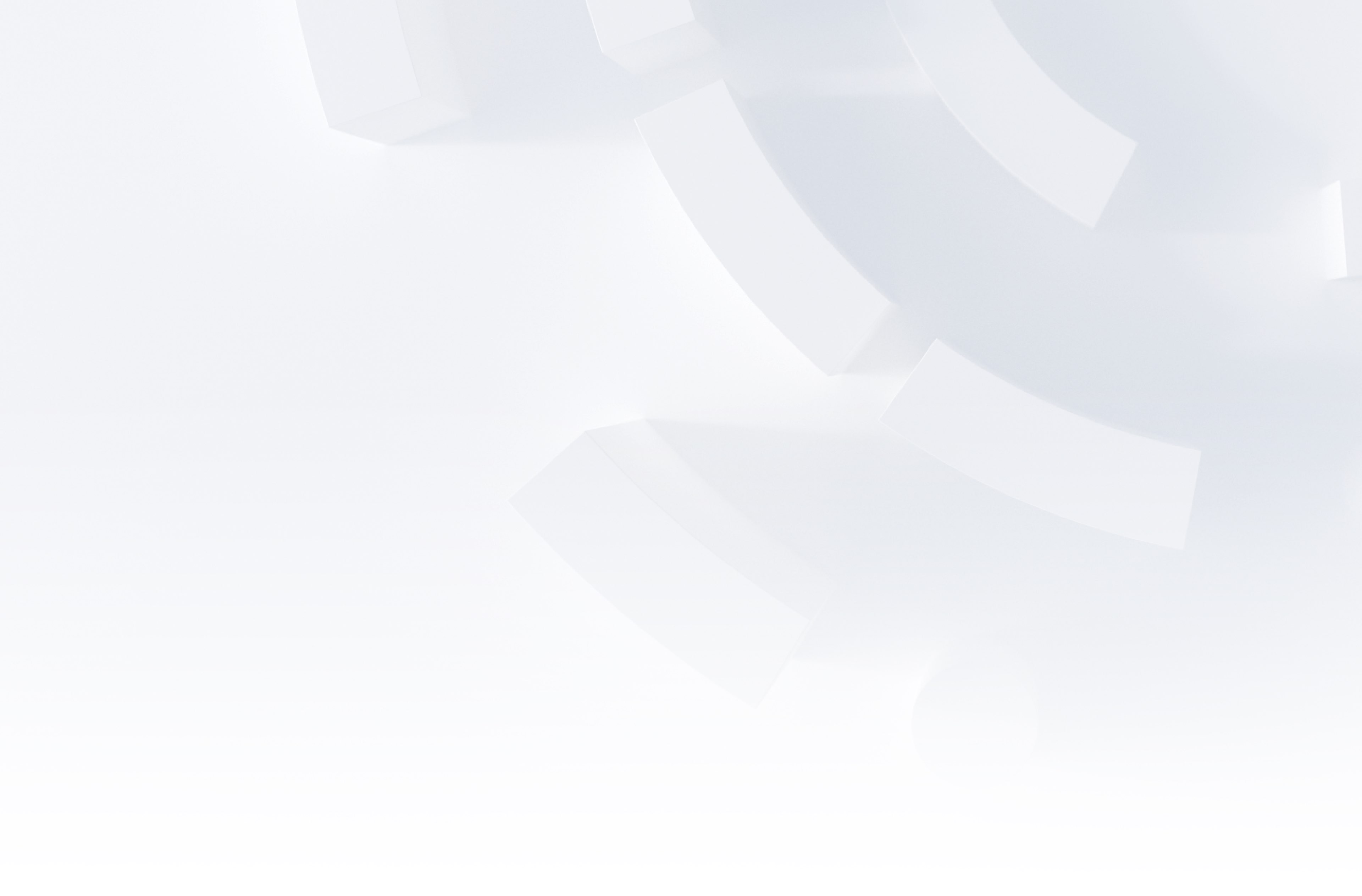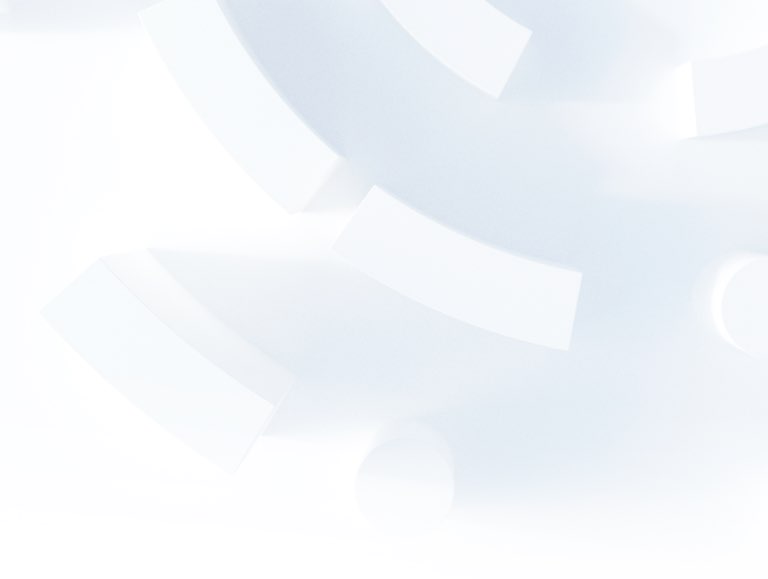Who knows what business will look like after the Coronavirus Pandemic?

Well, we’ve got some insights, which we shared in our webinar The Data Series: Disruption vs Disease – data trends in the time of Coronavirus.
Although a pandemic on this scale is unique in the last 100 years, there are patterns we can learn from.
The majority of people experience disasters like natural events or terrorist attacks as disruptions rather than being directly affected. The coronavirus pandemic is no exception. A recent survey by Kantar revealed that more people reported that their biggest worry is about disruption to their day-to-day lives and finances than reported extreme concern about falling sick.
Events we experience as major disruptions tend to emphasise and accelerate existing trends, by clearing out the old to make way for the new, often ‘super-charging’ emerging trends.
In our webinar, you’ll find out how these super-charged trends are likely to impact on business after Coronavirus.
1. Learn why successful brands are changing their focus, and the key trends that will drive change.
Brands across all sectors are having to assume a more public, responsible role.
Consumer focus is no longer just on getting better things, better service or becoming a ‘better’ person. In the wake of coronavirus, people are looking for brands to drive a better society as well.
That means being more publicly purpose-driven, authentic and, crucially, bringing ‘humanity’ into the brand.
Witness the negative publicity around big brands who were slow to ensure that their staff could continue to work safely. Or the even greater backlash on governments who aren’t living up to expectations.
In Kantar’s March survey, just 63% of respondents agreed that the US Federal Government was reacting appropriately to the crisis (dropping to 58% for the President), with 26% feeling that government was under-reacting. But 81% agreed that local businesses were reacting appropriately, with just 8% feeling that they were under-reacting.
This difference may be, in part down to the lesser expectations of local businesses in terms of dealing with the pandemic.
But in the UK, we’ve seen how hundreds, if not, thousands of small, local businesses have been surviving, even thriving, during the lockdown by changing their business model in response to the crisis.
Restaurants who have offered free meals to the vulnerable have reported huge community support, and witness the positive publicity around spirit brands which have nimbly shifted from gin production to making alcohol-based hand sanitisers. Woe-betide any whose pricing strategy or failure to support the NHS has had the merest whiff of profiteering, though!
Brands who have responded with humanity to the need to protect their staff, their customers and their communities are often local. They know their customers and their communities and understand what is expected of them.
2. Get the latest insights into why data gathering, use and the ability to safely share data is becoming mission critical for many organisations.
For larger brands, customer data has always been the key to improved insights, and as we prepare to move into a phased lifting of lockdown, these insights will prove crucial.
In the wake of scandals like Cambridge Analytica, we had seen a trend towards consumers being more careful about providing personal data – though there was also signs that this concern might be receding.
But the current crisis has, to some extent, reversed this trend, with sensitive personal data being widely (though anonymously) shared by governments and health organisations in an effort to track and contain the spread of coronavirus.
It’s reopened the debate around the ethics, benefits and risks of data gathering and sharing.
Our webinar shares with you how and why social impact is driving data trends, and why you should care where are how your business data are stored. If you missed it, you can request a copy of the slides or the recording by emailing marketing@station10.co.uk


